Fashion industry’s hidden environmental timebomb revealed
The devastating environmental impact of plastic clothing hangers has been revealed for the first time – with calls for the fashion industry to urgently address the issue.

The devastating environmental impact of plastic clothing hangers has been revealed for the first time – with calls for the fashion industry to urgently address the issue.

The Scottish Government last week announced that it will introduce legislation to quash the criminal convictions of hundreds of former Scottish coal miners, after publishing an independent review which was partly informed by research from a Northumbria University academic.
Hundreds of former miners received convictions during the 1984-85 miners’ strike following a dispute between the unions and

Scientists from universities in the UK, US and Argentina are joining forces in a $1m research project to discover what impact an increase in global temperatures could have on the millions of species of fungi around the world.
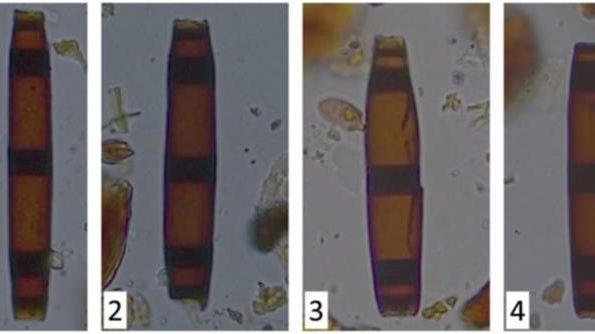
A team of scientists has discovered new activity within the Sun’s atmosphere which could explain how it reaches temperatures of more than a million degrees.

The North of Tyne Combined Authority is backing the scientists of the future with plans to boost green technology and manufacturing in Newcastle, North Tyneside and Northumberland.

Professor Nicola Pearsall, Emerita Professor of Renewable Energy at Northumbria University and a world-leading expert on photovoltaics, has been announced as the general chair for this year’s European Photovoltaic Solar Energy Conference (EU PVSEC).

A new study has revealed that the expanse of rock debris on glaciers, a factor that has been ignored in models of glacier melt and sea level rise, could be significant. The Northumbria University study is published in Nature Geoscience this week and is the first to manually verify the rock debris cover on every one of the Earth’s glaciers.
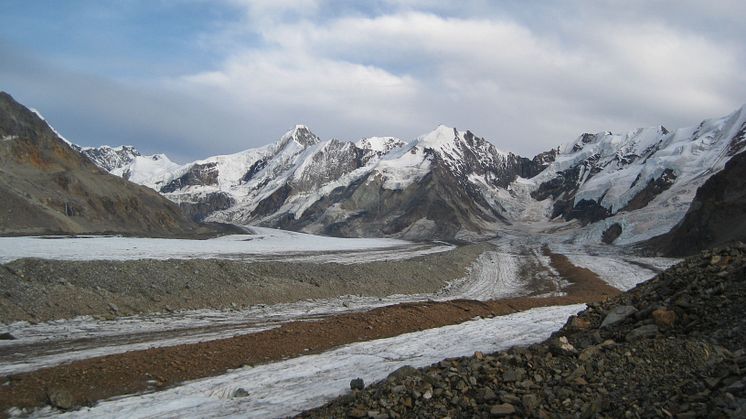
Northumbria University, Newcastle, has been Highly Commended in the prestigious International Green Gown Awards for the transformational work of its Student Law Office.
The International Green Gown Awards, supported by UN Environment, recognise exceptional sustainability initiatives being undertaken by universities and colleges around the globe. They are widely acknowledged as being the most pr

Northumbria University has been chosen to participate in a €4.8 million project to tackle the issue of renovating residential buildings in Europe to make them more energy efficient.

A new study has revealed that almost 13,000 tonnes of microfibres, equivalent to two rubbish trucks every day, are being released into European marine environments every year – but this could be reduced by as much as 30% if we made a small change to our laundry habits. The findings have been published by the scientific journal PLOS ONE for World Oceans Day on Monday 8 June.
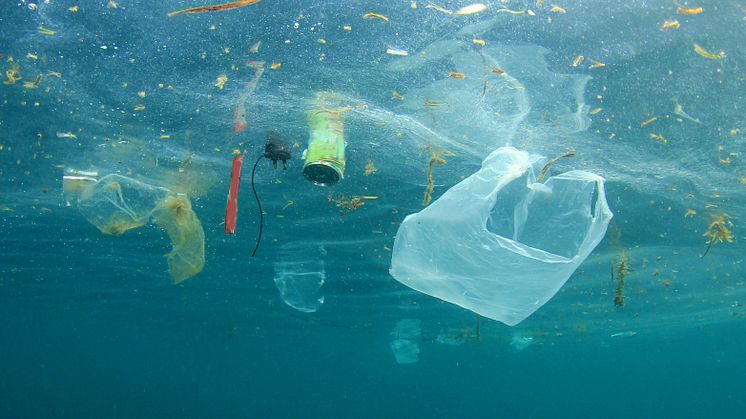
Our first digital-only edition of Northumbria University News is here. Packed with the latest news, features and interviews, Northumbria University News is the perfect way to ‘read all about’ the exciting developments taking place across the University.
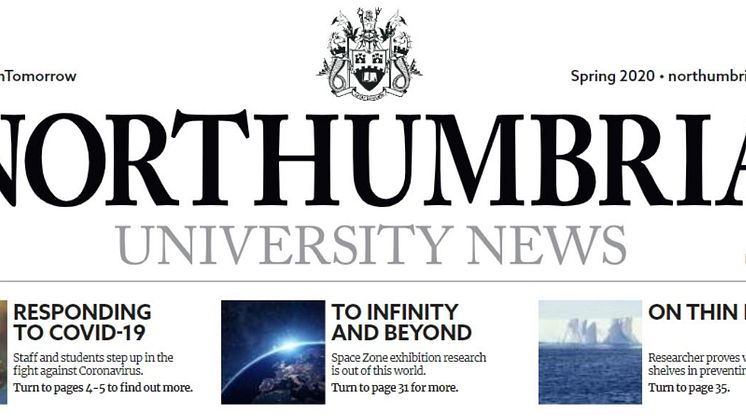
Researchers have found unexpected fossil traces of a temperate rainforest near the South Pole 90 million years ago, suggesting the continent had an exceptionally warm climate in prehistoric times. Their findings are published today (1 April) as the lead story in the scientific journal Nature.

Katja Leyendecker, PhD candidate in Architecture and Built Environment, discusses Greater Manchester's new walking and cycling plan.
A vital role that floating Antarctic ice shelves play in preventing catastrophic sea level rises has been proven for the first time in a new study, published in the scientific journal Nature.
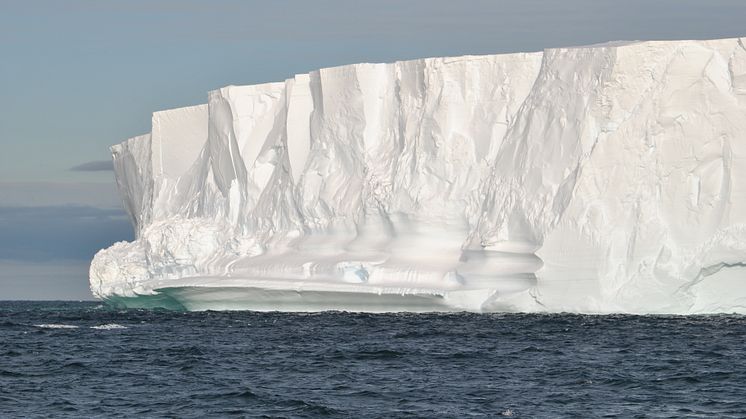
A tropical rainfall belt providing critical summer rains to billions of people is at risk of shrinking due to future climate warming, according to new research.

A mechanical engineer from Northumbria University has won a prestigious award after developing an innovative process to turn sea water into clean, safe drinking water, using solar energy.

The reprocessing of spent nuclear fuel could become safer and more efficient in future after Northumbria University researchers found a way to modify the structure of molecules to remove radioactive materials. The research is published in the influential Chemistry - A European Journal and is described by its editors as being of 'great significance'.

Researchers have produced the first physics-based quantifiable evidence that thinning ice shelves in Antarctica are causing more ice to flow from the land into the ocean. Their findings have been published in Geophysical Research Letters.

A Northumbria University researcher is one of almost 100 scientists and support staff who have travelled to Antarctica this week (15 November 2019) for the most ambitious mission to date for Thwaites Glacier in West Antarctica.
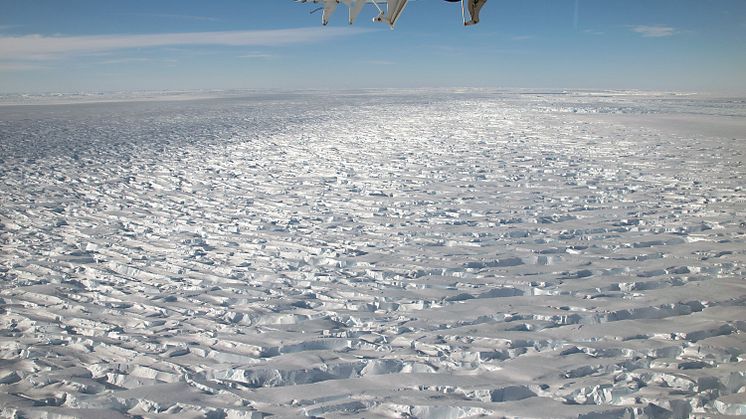
With concerns about climate change and urban air pollution high on the agenda for cities around the world, most are now actively looking at ways to reduce their carbon emissions.
